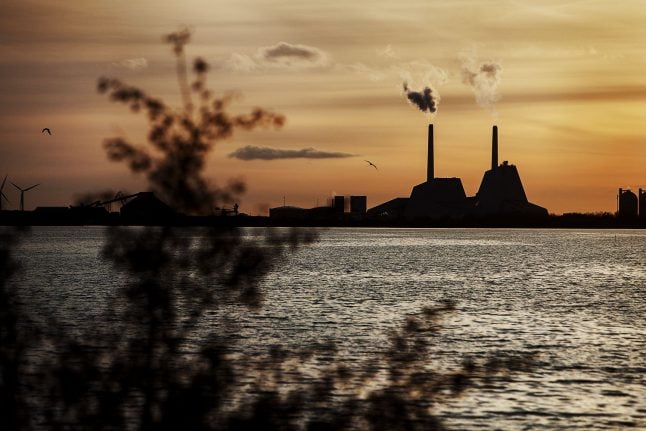A bill announced in April, setting out Denmark’s energy policies for the period 2020-2030, is expected to be passed by parliament.
But instead of the desired outcome of reducing CO2 emissions, an increase of between five and ten percent is expected for the period covered by the plan, should it come into effect, according to a report.
Newspaper Politiken reported on Tuesday that it had seen a confidential note sent by the government to parliamentary parties, which confirmed the potential increase in CO2 emissions.
Tech giants including Apple, Facebook and Google are all expected to open large data centres in Denmark in coming years, with huge amounts of extra power usage in the Scandinavian country coming as a result.
A single data centre could reduce Denmark’s electricity consumption by as much as four percent, according to an analysis by engineering consultants Cowi and the Danish Energy Agency (Energistyrelsen). That is the equivalent to the total energy use of a city the size of Odense, the third-largest in Denmark.
In a response to written questions submitted in parliament in April, the government stated that its energy plan would provide an “immediate and isolated reduction” in Denmark’s CO2 emissions by a total of four to five million tonnes by 2030.
But that did not take into account the potential effect of the data centres. A new Energy Agency projection has predicted an increase of eight to nine million tonnes by 2030.
According to the note seen by Politiken, the government expects CO2 emissions to be between 43.4 and 43.7 million tonnes in 2020 and between 46 and 47.7 million tonnes in 2030, a potential increase ranging between 5.3 and 9.9 million tonnes, the newspaper writes.
READ ALSO: Denmark revives goal to be coal free by 2030 at UN climate summit



 Please whitelist us to continue reading.
Please whitelist us to continue reading.